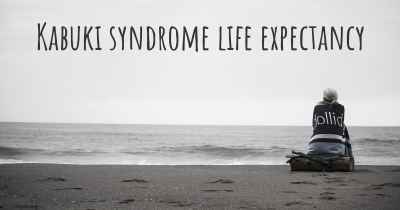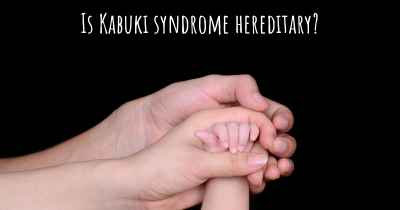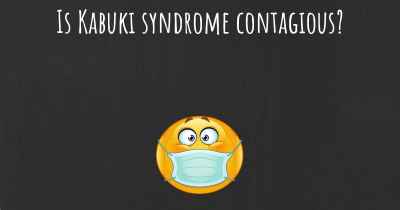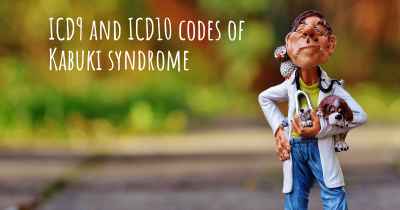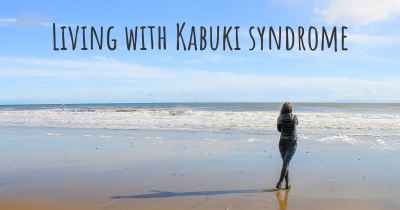Kabuki syndrome and depression
Can Kabuki syndrome cause depression? Could it affect your mood? Find out how Kabuki syndrome can affect your mood.

Kabuki syndrome and depression:
Kabuki syndrome is a rare genetic disorder that affects various parts of the body, including facial features, skeletal structure, and intellectual development. It is characterized by distinct facial features such as arched eyebrows, long eyelashes, and a flattened nose tip. Individuals with Kabuki syndrome may also experience developmental delays, intellectual disabilities, and various health issues.
While Kabuki syndrome primarily affects physical and cognitive aspects, it is important to recognize that mental health can also be impacted. Depression, a common mental health condition, can affect individuals with Kabuki syndrome, just as it can affect anyone else. Depression is characterized by persistent feelings of sadness, loss of interest or pleasure in activities, changes in appetite or sleep patterns, and difficulty concentrating or making decisions.
It is crucial to address depression in individuals with Kabuki syndrome:
1. Recognizing symptoms: Caregivers, family members, and healthcare professionals should be vigilant in identifying signs of depression in individuals with Kabuki syndrome. This includes changes in behavior, withdrawal from social activities, and expressions of sadness or hopelessness.
2. Seeking professional help: If depression is suspected, it is important to consult with a healthcare professional experienced in both Kabuki syndrome and mental health. They can provide a comprehensive evaluation and develop an appropriate treatment plan.
3. Treatment options: Treatment for depression may involve a combination of therapy, medication, and support services. Cognitive-behavioral therapy (CBT) can be particularly beneficial in helping individuals with Kabuki syndrome manage their emotions and develop coping strategies.
4. Support networks: Building a strong support network is crucial for individuals with Kabuki syndrome and depression. This can include family, friends, support groups, and mental health professionals who can provide understanding, encouragement, and guidance.
Conclusion:
While Kabuki syndrome primarily affects physical and cognitive aspects, it is important to acknowledge the potential impact on mental health, including depression. Recognizing symptoms, seeking professional help, exploring treatment options, and building support networks are essential steps in addressing depression in individuals with Kabuki syndrome. By providing appropriate support and care, we can help improve their overall well-being and quality of life.
